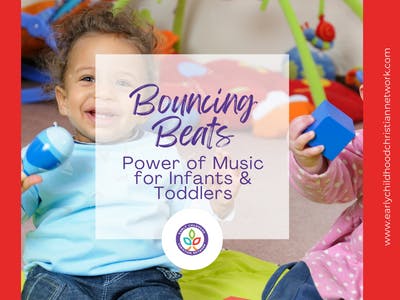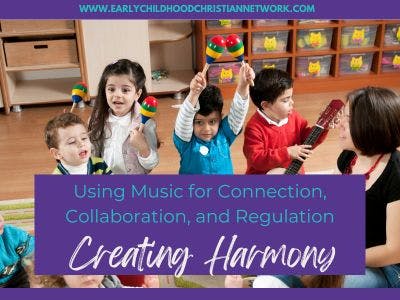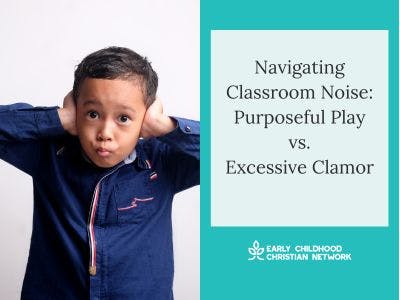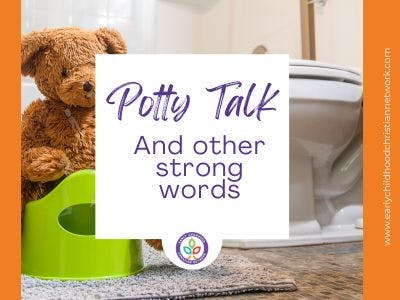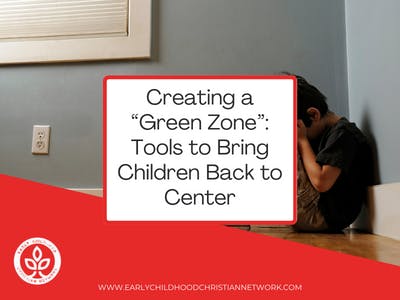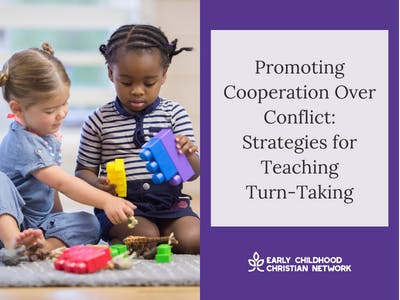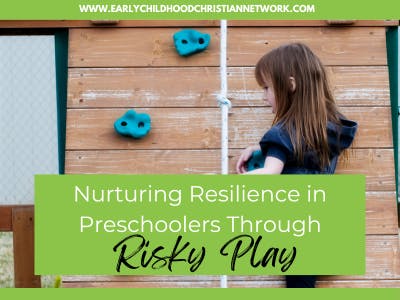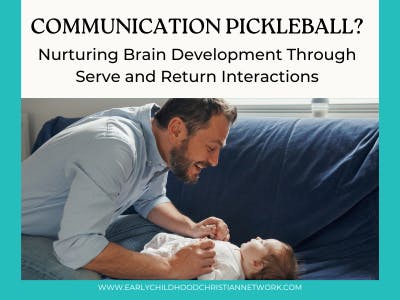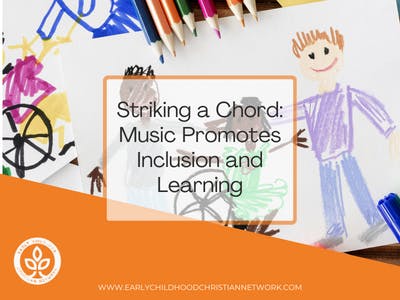
Striking a Chord: Music Promotes Inclusion
Hey Reader! “Twinkle, twinkle little star, how I wonder…” Did you just finish the song in your mind? (or maybe even out loud?) “Jesus loves me, this I know, for the …..” Again..did you finish the song? Most likely, you did. Music is a powerful tool in the classroom for so many reasons! We’ve shared a lot of fun tips for using music in your classroom over these last couple of weeks, but I wanted to share one more thing… I had a podcast conversation recently with Patty Shukla about how she has…

